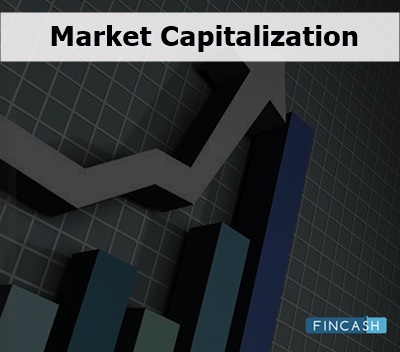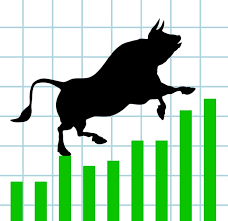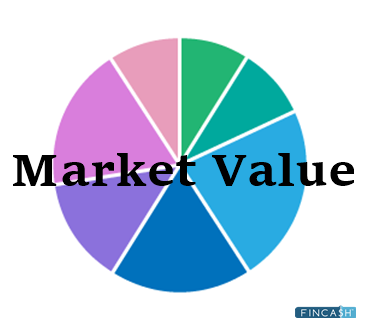
Table of Contents
Market Failure
What is a Market Failure?
Market failure refers to an economic situation where an insufficient distribution of goods and services has taken place in a free market. In simple words, market failure refers to a situation where individuals make decisions for themselves, but somehow it proves to be the wrong decisions for the group. In Microeconomics, this can be portrayed as a steady-state equilibrium where quantity supplied does not equal with the quantity demanded.

The concept of market failure is not as simple as it sounds. A failure in the market occurs when the individuals in a group end up in a bad place. This may happen because groups might encourage too many costs or even receive many benefits. Market failure is not economically efficient and may be different from what the Economist considers as optimal.
However, note that market failures do not describe the imperfections in the market Economy. Not every bad situation in a market is a market failure Market failure examples include externalities, monopoly, information asymmetries, and Factor immobility. Another easy example of market failure is public goods problem.
Market Failure Types
Market failure causes or types include monopoly, externalities, asymmetries of information, etc. The various types of market failures are mentioned below:
1. Positive Externalities
Positive externalities refer to goods and services that benefit the third party.
2. Negative externalities
Negative externalities refer to goods and services that impose a cost on the third party.
3. Public goods
Public goods refer to those goods which are non-excludable. Public goods are often not found in the free market.
4. Monopoly power
Monopoly power is when a firm/company controls a market and can set prices according to its own discernment.
5. Merit goods
Merit goods are those goods that people usually underestimate with regards to the benefits it provides. For example, education. Merit goods also provide positive externalities.
6. Demerit goods
Demerit goods are those goods that people underestimate when it comes to the cost of the good. For example, smoking. Goods also have negative externalities.
Talk to our investment specialist
All efforts have been made to ensure the information provided here is accurate. However, no guarantees are made regarding correctness of data. Please verify with scheme information document before making any investment.












